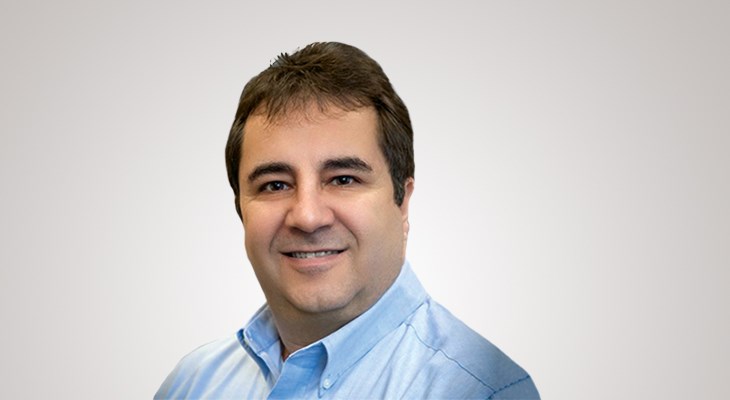Checkpoint Surgical, Inc., a privately held U.S.-based medical device company with proprietary neurostimulation technology for nerve protection and repair, raised $16 million of growth capital in August 2021. One year later, with those investments in place and the expected growth of the company, Checkpoint transitioned Len Cosentino from President and CEO to Executive Advisor while making several other organizational changes to support the company’s rapid growth.
“We're using this capital to continue to expand our team,” Cosentino says. “We've built a very strong sales team — I think it's the second largest in the world that I know of that's focused on peripheral nerve care, or at least in the U.S. It’s a highly specialized direct sales force. So, it's an important asset for us that we need to keep because we have devices that are simple to use, but also sophisticated and require some understanding to appreciate all that they can do.”
Checkpoint Surgical has also built a substantial research-and-development operation because adding products that are innovative, of clinically high-value, affordable and easy to use are the elements they work towards in any device they create.
“We've launched, in the last year, at least four new products, two just in this quarter, and the next generation of our flagship nerve stimulator,” Cosentino says. “And there's more in the works. So, that is also important growth-driver where most of the money will go to sales and marketing and R&D projects, including an FDA breakthrough-designated device that is using our stimulation technology as a therapy to help nerves heal faster.”
The company is not yet profitable, but that’s by design, as they focus on growth. Over the next two to three years, Cosentino hopes to change that.
“We’re cash-flow positive and in a position to do some sort of transaction that takes us to the next level and create liquidity for investors,” he says.
When looking at investors and transactions, Cosentino goes into the process with some very specific criteria.
“One is they have experience and expertise in the medical device field. That's a pretty big group, but that's really the first cut,” he says. “You’re also looking for what's the size of the investment that they like to make — does that fit within our fundraising parameters — and what stage of investment do they focus on. In our case, this was the series C.”
Equally important to Cosentino is culture and fit of the firm.
“We were looking for people that fit our culture by reputation or by previous experience that we might have had with them or our other investors had with these firms, and River Cities Capital had done a lot of our deals in the past alongside of one of our other investors, Mutual Capital Partners, and I have known for a number of years one of the key principals in the medical device segment of River Cities Capital, Carter McNabb, and he has a great reputation.
“So, we felt this was somebody that would not only be helpful in terms of bringing wisdom and experience — of course the capital we needed — but also it would work harmoniously with us, and that certainly proved to be true.”
Cosentino spoke on the Smart Business Dealmakers Podcast about Checkpoint Surgical’s $16 million cap raise. Hit play to catch the full conversation.




